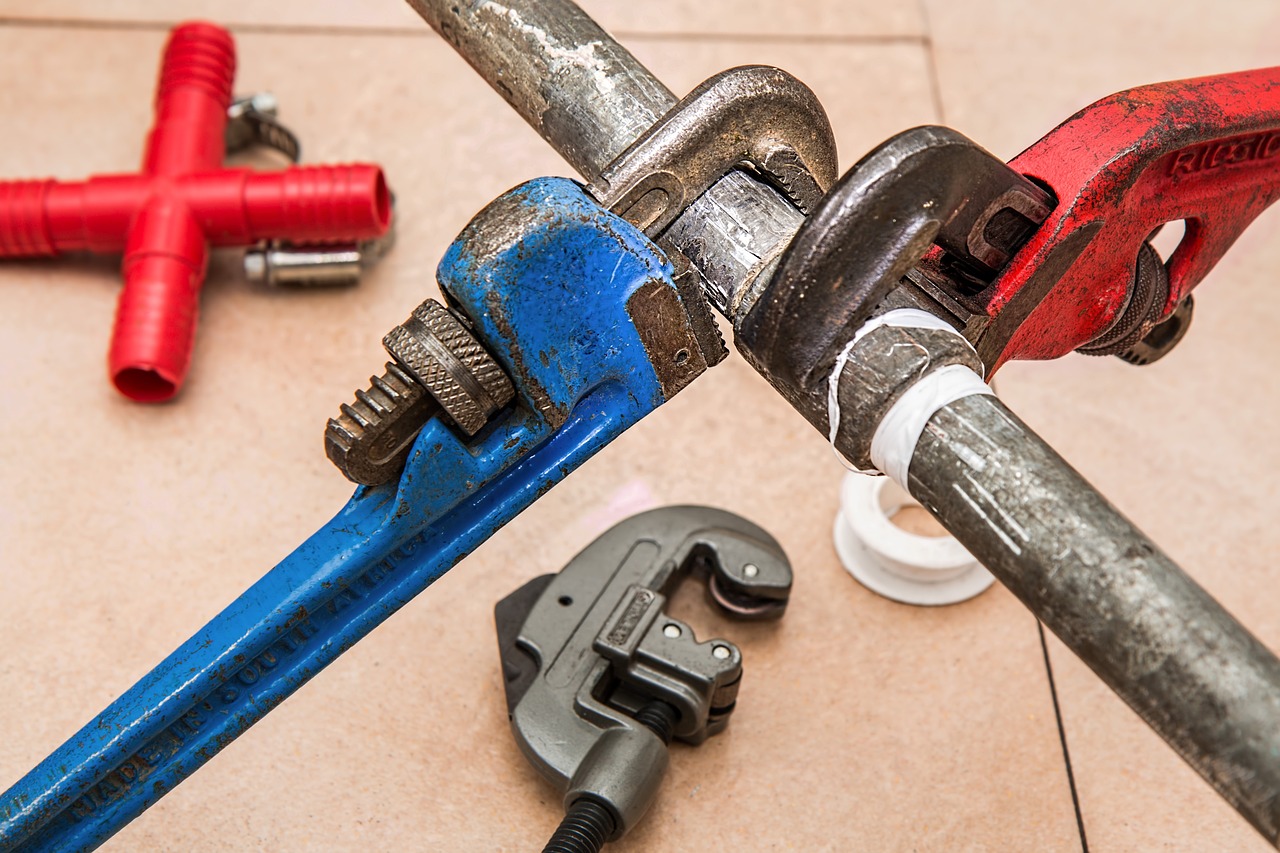Top Reasons for Sewer Line Blockages and How to Prevent Them

A clogged sewer line is not just a messy misery but can escalate to some very expensive repairs and even put you at risk of disease if it continues unattended. Once you recognize what usually causes these blockages, it will be easier to implement some preventative measures in your home and save yourself a lot of money.
The most horrible plumbing problem that may happen in your household is a blockage of the sewer line. These clog up things like pipes, causing sewer backups and pipe damage or contamination from dirty water. Knowing what causes clogged sewer lines can keep such issues from arising and avoid having to pay for repairs, not on the budget. These are some of the top reasons sewer lines get clogged up, and here’s what you can do to ensure your system stays in working order.
- Tree Roots
Tree roots are the number one cause of clogged sewer pipes. Roots grow towards moisture and nutrients, making underground pipes ideal targets. When the roots grow, they pierce and break through pipeline walls, leading to cracks in them. A professional inspection can catch root invasion in your sewer line long before you experience the symptoms. If you want to guarantee long-term security, void over-the-counter fillers and leave this task in the hands of a professional root removal service.
- Grease and Oil Buildup
Almost everyone knows the importance of cleaning grease from their kitchen sink because we all know that, with time, it can go down to your main sewer line and result in clogs. Grease and oil congeal as they cool, adhering to the walls of pipes, which can lead to restrictions or total obstruction. How to avoid this: Place grease in the trash, never in the sink, and encourage family members to do the same.
- Flushing Non-Flushable Items
A toilet is designed to process human waste and some TP, but nothing else. Frequently, but “flushable” wipes, feminine hygiene products, and paper towels take top honors. These materials do not dissolve as easily or at all as toilet paper; over time, they can build up and cause serious clogs. To prevent this from happening, avoid flushing anything that isn't septic-safe toilet paper.
- Pipe Sagging
Bellied Pipe: This occurs when a section of the pipe sinks because eroding soil or moving ground has created space in which sections can gradually collect waste. These create a low point where waste and dirt will build up, causing an obstruction. It is not something that homeowners can prevent, but they do have the capability to schedule regular plumbing inspections, which could detect pipe sagging before it becomes a bigger issue.
- Too much rainwater and garbage
This can clog your sewer line, and combined with heavy rain, it will surely be a disaster. Make sure to keep outdoor debris like leaves or toys out of your system, as they are also a major factor in blocked pipes. Backflow is another issue flooding brings, and it not only clogs the sewer line but leaves a way for dirty water back into your house. There are some things you can do to reduce the rain risk, such as keeping your gutters clean or installing drain guards and direct runoff away from sewer access points.
Tips on Preventing and Caring for Your Gut
The fact of the matter is that it does not make any sense to contact your chosen plumber once you see a blockage happening on your toilet or sink in your mind. This indicates that probably one of, if not THE, absolute best ways with regards to protecting one's sewage system from obstructions is using routine service together with preventative activities. Here are some guidelines to assist in keeping your sewer line clear:
DO NOT plant trees close to sewer lines. If planning a tree, please be aware and unsheltered of where the drain pipeline flows from your home.
How To Get Rid of Grease: Pour cold grease into a can and throw it away to keep your house from stinking.
Toilet Ought to Actual only rest room paper: More does not go straight within down with toilet
Regular Inspections: As part of routine maintenance, professional plumbing technicians can complete regular camera inspections to check the condition of your sewer line before a problem arises.
For preventative measures in areas that frequently experience heavy rain, install a backwater valve where the sewage does not back up into your home. Clogged sewer lines can be expensive and disruptive, so follow these tips to avoid running the risk of major headaches. If you smell something wrong, hear a gurgle, or have slow drainage, call your commercial plumber immediately, as this may only be the first indication that there is already more extensive damage in your sewer system.
